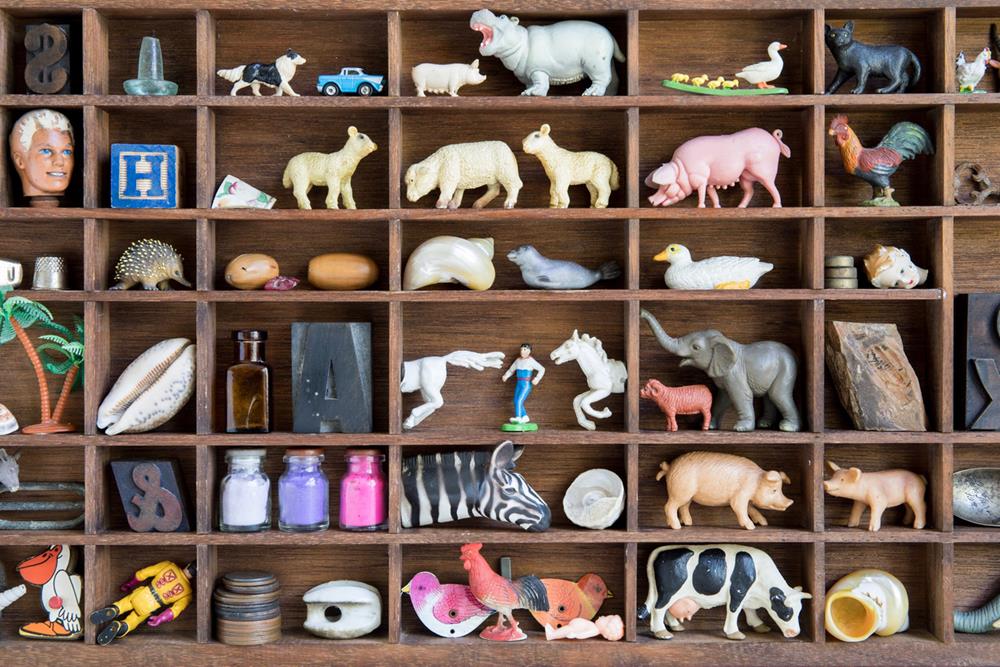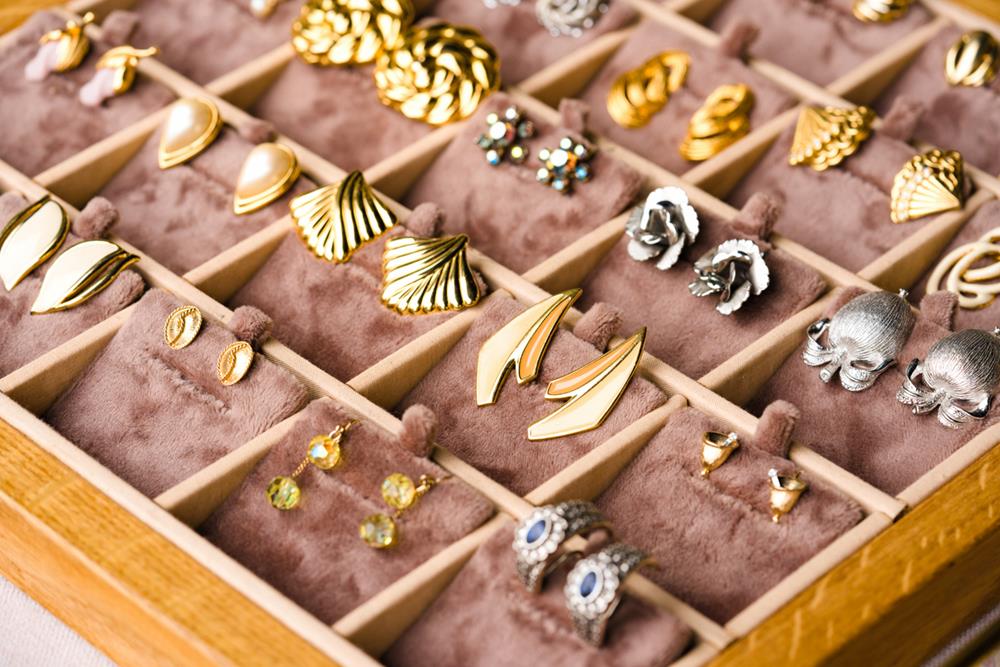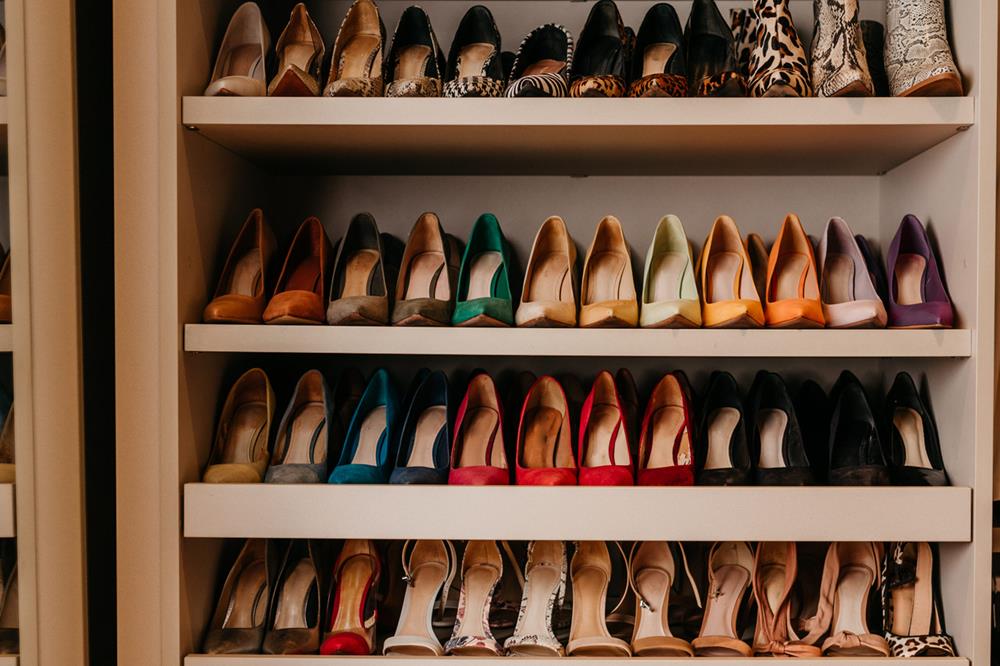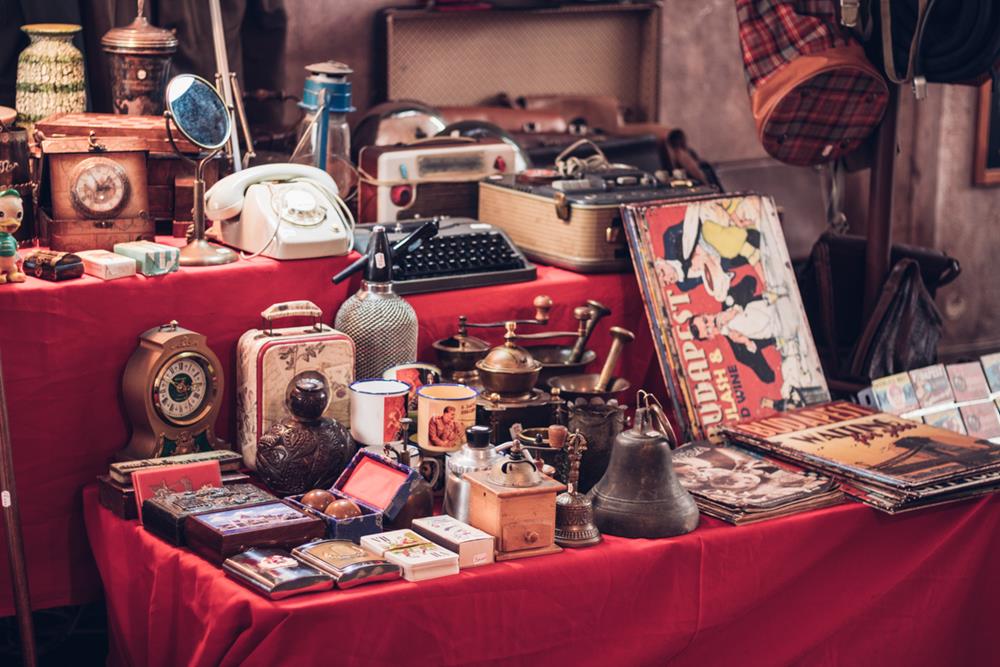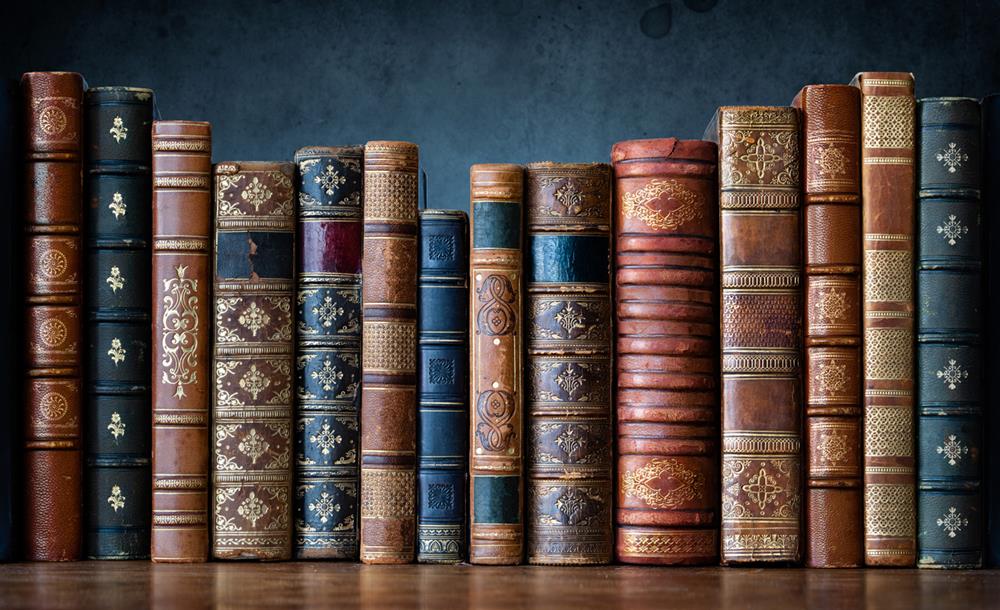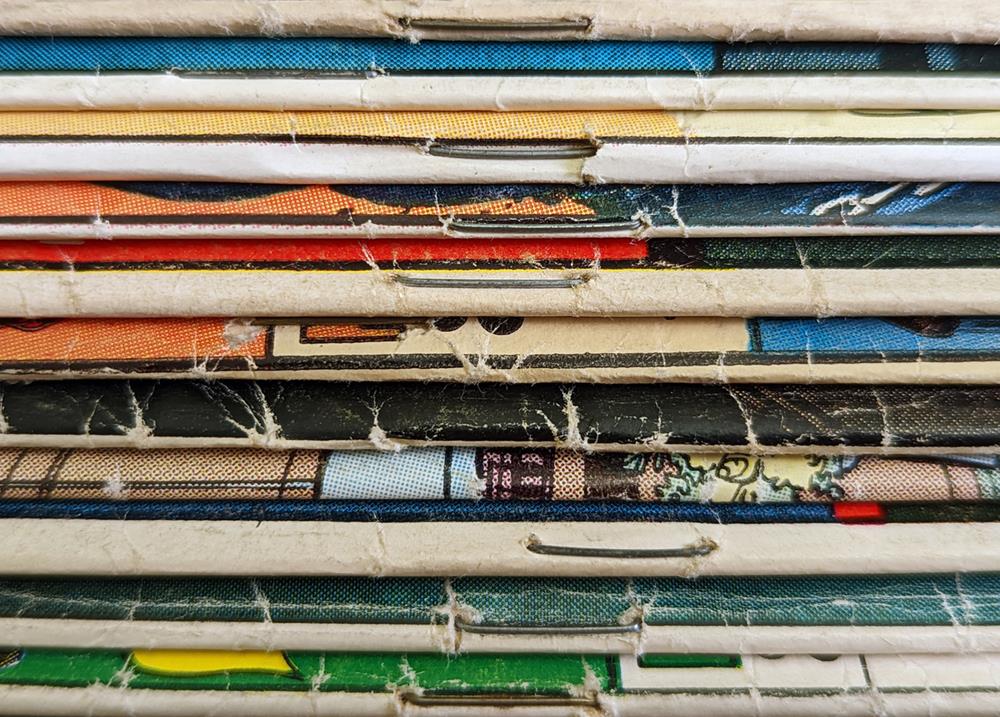Collecting things is a hobby many people enjoy all around the world. From stamps and coins to art and even old gadgets, there’s something out there for everyone to collect. But collecting isn’t just about having a lot of stuff. It’s a special activity that can teach you new things, bring you closer to others, and even help you feel better when you’re stressed.
In this article, we’re going to look at the top reasons why starting a collection can be a great idea. Whether you’re thinking about starting your first collection or you’re already a seasoned collector, you’ll find that collecting can offer a lot more than just the items themselves.
Personal Growth and Education
One of the most enriching aspects of collecting is the continuous learning and research it encourages. Each item in a collection has its own story — its origin, its history, and the journey it took to become a part of your collection. Collectors often find themselves diving into books, articles, and conversations to uncover these stories, leading to an ever-expanding knowledge base. This pursuit of knowledge not only enhances one’s understanding of a particular subject but also sharpens research and critical thinking skills.
Investment and Financial Value
While not all collections are started with profit in mind, many have the potential to increase in value over time. Certain items, especially those that are rare or in high demand, can become significant financial investments. Collectibles such as vintage watches, rare coins, and first-edition books have been known to appreciate in value, sometimes fetching astronomical sums at auctions. It’s a way to combine passion with financial savvy, though the real value often lies in the joy of the hunt and the satisfaction of ownership rather than the potential for profit.
Community and Social Connections
Collecting can open doors to vibrant communities of like-minded individuals. Whether it’s through local clubs, online forums, or national conventions, collectors have numerous avenues to connect, share, and trade with others. These communities offer a sense of belonging and an opportunity to share knowledge, experiences, and the excitement of new acquisitions. For many, the friendships and connections formed through collecting become as valuable as the collections themselves.
Psychological Benefits
The act of collecting can offer significant stress relief and mental health benefits. The focus required to search for, categorize, and arrange items can serve as a form of mindfulness, helping collectors stay present and engaged. Moreover, the sense of achievement and progress as collections grow can boost self-esteem and provide a tangible sense of accomplishment. For some, their collection becomes a peaceful sanctuary where the worries of the world fade away.
Creative Expression and Aesthetics
Collecting isn’t just about accumulating items; it’s also about the presentation. Arranging and displaying a collection allows for personal creativity to shine through. The aesthetic pleasure derived from a well-curated collection can be profound, transforming spaces into galleries that reflect the collector’s taste and personality. This creative process adds another layer of satisfaction and enjoyment to the hobby.
Historical Preservation and Education
Many collectors view their activities as a form of historical preservation. By gathering and maintaining items of historical significance, collectors play a vital role in safeguarding the past for future generations. Additionally, collections often serve an educational purpose, teaching others about specific time periods, cultures, or technological advancements. Through their collections, collectors become custodians of history, ensuring that stories and knowledge are not lost to time.
The Thrill of the Hunt
For many collectors, the thrill lies in the hunt — the relentless search for a rare item or the missing piece of a collection. This pursuit can be exhilarating, filled with moments of anticipation, disappointment, and, ultimately, joy when the sought-after item is finally found. It’s a journey marked by patience and persistence, where the chase is just as rewarding as the catch.
Leaving a Legacy
Collections often represent more than just a personal hobby; they’re a legacy to be passed down through generations. For many collectors, the thought of their cherished items bringing joy and learning to their descendants is deeply fulfilling. These collections become a bridge between the past and the future, carrying personal stories and family history along with them.
Supporting Conservation and Craftsmanship
Collecting can also contribute to the conservation of biodiversity, cultural heritage, and craftsmanship. By valuing and preserving items, collectors support efforts to conserve species, traditions, and artisan skills. Whether it’s through collecting ethically sourced natural specimens, artifacts from disappearing cultures, or handcrafted items, collectors play a role in sustaining the diversity of our world.
Examples of Things You Can Start Collecting
There’s a virtually endless variety of items you can collect, ranging from the common to the obscure. Here are just a few examples to spark your imagination:
- Coins and Currency: This classic collection can include ancient coins, rare and discontinued currency, or coins from different countries.
- Stamps: Collecting stamps, or philately, involves gathering stamps from around the world, focusing on themes, historic events, or specific countries.
- Books: First editions, signed copies, rare publications, or books on a specific topic or by a certain author can form a fascinating collection.
- Vintage Technology: From classic video games and consoles to old computers and cameras, collecting vintage tech is both nostalgic and educational.
- Art: This could include paintings, sculptures, prints, or modern art forms. Collectors might focus on a particular artist, era, or style. It could even ignite a passion for collecting unusual forms of art and paintings.
- Vinyl Records: Music lovers often collect vinyl records for their sound quality, cover art, or to own a piece of music history.
- Toys and Action Figures: Collectibles can include vintage toys, limited edition action figures, or items from popular franchises.
- Comic Books: Rare issues, entire series, or comics by specific artists or writers make for a colorful and engaging collection.
- Sports Memorabilia: Signed equipment, jerseys, cards, and items from significant games or events are prized by sports enthusiasts.
- Natural Specimens: This includes seashells, rocks, minerals, or even fossils. Collectors often appreciate the natural beauty and scientific significance of these items.
- Antiques and Historical Artifacts: Items with historical significance, from furniture to tools and clothing, can connect collectors to the past in a tangible way.
- Fashion Items: Vintage clothing, designer handbags, shoes, or jewelry can not only be beautiful but also increase in value over time.
- Wine: Collecting fine wines involves understanding vintage years, regions, and vineyards, with the added bonus of being able to enjoy your collection.
- Autographs: Collecting signed items from celebrities, authors, musicians, or historical figures can be a personal way to connect with fame and history.
- Theme-Based Collections: Some collectors focus on items related to a specific theme, like lighthouses, cats, or space exploration, gathering a wide range of items within that theme.
The beauty of collecting is that it can be as broad or as specialized as you like, driven by personal interest, investment potential, or the simple joy of the hunt. Whether you’re drawn to the aesthetic, the historical, or the quirky, there’s a world of items waiting to be collected.
Conclusion
In the end, collecting is a hobby that offers a lot more than just having a lot of things. It’s about learning, meeting new people, feeling good, and sometimes even making some money. No matter what you choose to collect, the journey of finding and keeping these items can bring a lot of happiness and surprise to your life. So why not start your own collection? Dive into a world of new interests and see where it takes you. Whether it’s stamps, coins, art, or something totally different, there’s a whole world out there to explore through collecting.
Additional Notes
- Starting a collection almost guarantees you’ll gain knowledge about that subject, whether it’s beer bottles or model car kits. As you delve deeper and seek out rarer pieces, your education on the topic will naturally deepen.
- This hobby has become more accessible, thanks to the internet, making it easier to find a wide array of items online. However, the thrill of hunting for rare treasures in person still offers plenty of fun and is certainly worth experiencing.
- Collecting can enhance skills such as focus, memory, processing abilities, and organization. These transferable skills may prove useful in various aspects of your life.

